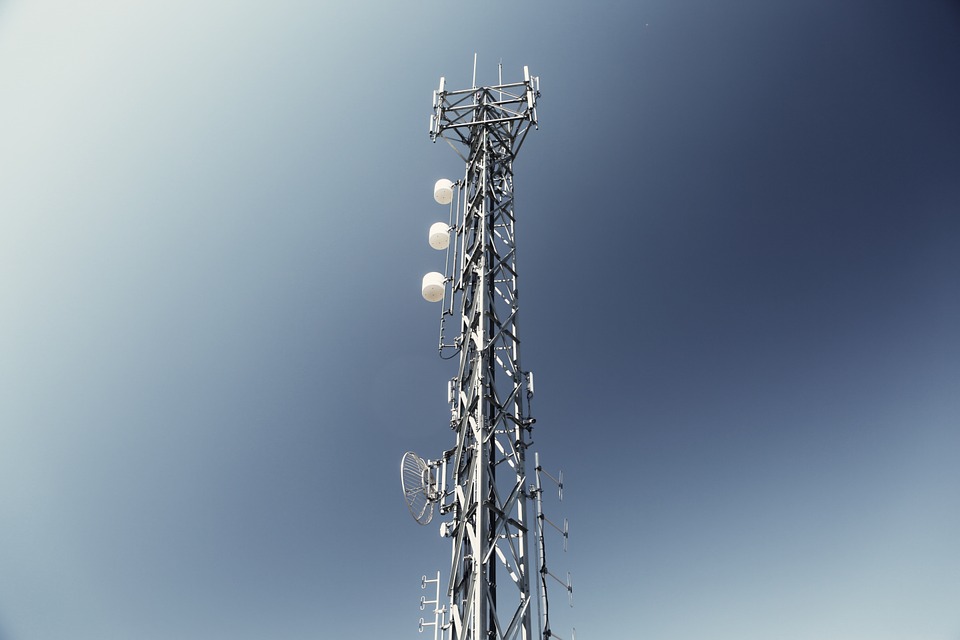Business and Economy
DICT to slap fees vs telcos inefficiently using frequencies

The secretary also reiterated his opposition to the proposed auction of frequency spectrums that will be used as basis for the selection of the new telco player, which is being favored by the Department of Finance. (Pixabay photo)
MANILA — The Department of Information and Communications Technology (DICT) is eyeing to impose punitive fees against telcos that are not efficiently using the frequency spectrums awarded to them.
DICT Secretary Eliseo Rio Jr. said a spectrum users fee (SUF) will be charged to inefficient telco firms to make them pay more for the use of frequencies.
“Using the SUF, we plan to punish telcos who are not efficiently using the spectrum awarded to them, by making them pay more than those who are more efficient. This will force the inefficient ones to return frequencies, as it would no longer be economical to retain them,” Rio said in a statement posted on his Facebook page Sunday.
The secretary also reiterated his opposition to the proposed auction of frequency spectrums that will be used as basis for the selection of the new telco player, which is being favored by the Department of Finance.
“There are those who contend that the frequencies are owned by the Filipino people, but these frequencies are totally useless without telcos who have to invest tens of billions of pesos for their infrastructure. Yes, some telcos who sold their frequencies to the duopoly earned billions of pesos. But why punish a new player who has not earned any single centavo yet, for the sins of these incumbent telcos?
,” Rio said.
“By proposing an auction for the new player to recover what is due the Filipino people from failures of past administrations is not only illogical but really unfair. The government can still run after the beneficiary of the sale of frequencies if proper taxes were not paid, and it is not the task of DICT to get it from a new player whom we are trying so hard to attract to give better and less expensive ICT services,” he said.
The DICT has opposed the auction mode as it will force a new player to put up a huge amount to qualify for the bidding process, which is not related to setting up telecommunication facilities and improve services.
Telco industry stakeholders have expressed their preference to the draft terms of reference (TOR) of the DICT, which uses the highest committed level of service (HCLoS) as criterion for the selection of a new major telco player, over the use of auction as a mode for the selection during a public consultation conducted by the department last Friday.
Under the HCLos formula, which is being favored by the DICT, the new telco will be selected on the following criteria: 40 percent for national population coverage, 20 percent for minimum average broadband speed and 40 percent for annual capital and operating expenditure over a five-year commitment period.
On the other hand, the guidelines using the auction mode stipulates that a bidder that will offer the highest annual capital and operating expenditure for a five-year commitment period shall be selected as the new major telco player. The new telco player shall be subject to the applicable spectrum user fees pursuant to prevailing rules and regulations after the said period.
Last June, the DICT has directed the National Telecommunications Commission (NTC) to conduct a review on spectrum user fees being paid by telecommunication firms in a bid to improve the state of mobile services in the country.
Department Order No. 003-2018 directs the NTC to review and make appropriate adjustment on spectrum user fees for 610-790 MHz, 790-960 MHz and 1710-2025 MHz radio frequency bands to ensure efficient spectrum use, amid the rapid growth of new technologies and preparations for the entry of a new major player in the local telco industry.
The DICT is eyeing to pick the new telco player as early as September this year.





















